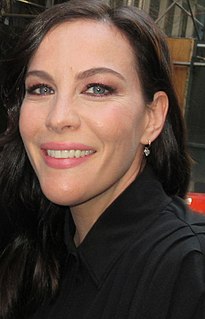A Quote by Darren Hardy
DNA has nothing to do with success. Turn your genes into overalls and get to work.
Related Quotes
It's a very complex network of genes making products which go into the nucleus and turn on other genes. And, in fact, you find a continuing network of processes going on in a very complex way by which genes are subject to these continual adjustments, as you might say - the computer programmer deciding which genes ultimately will work.
A DNA sequence for the genome of bacteriophage ?X174 of approximately 5,375 nucleotides has been determined using the rapid and simple 'plus and minus' method. The sequence identifies many of the features responsible for the production of the proteins of the nine known genes of the organism, including initiation and termination sites for the proteins and RNAs. Two pairs of genes are coded by the same region of DNA using different reading frames.
Parasites are not only incredibly diverse; they are also incredibly successful. There are parasitic stretches of DNA in your own genes, some of which are called retrotransposons. Many of the parasitic stretches were originally viruses that entered our DNA. Most of them don't do us any harm. They just copy and insert themselves in other parts of our DNA, basically replicating themselves. Sometimes they hop into other species and replicate themselves in a new host. According to one estimate, roughly one-third to one-half of all human DNA is basically parasitic.
When you're coming into a company and, you know, have to do a transformation, what you really want to do is look at the company and say, 'Okay, here are the parts that the company does well. How do we get those genes to hyper-express? The genes that are getting in the way, how do you turn those off?'
The study of how substances alter gene expression is part of the field of epigenetics. Some chemical exposures appear to turn on and turn off genes in ways that disregulate cell growth and predispose for cancer. From this perspective, our genes are less the command-and-control masters of our cells and more like the keys of piano, with the environment as the hands of the pianist.
There is no gene "for" such unambiguous bits of morphology as your left kneecap or your fingernail. [...] Hundreds of genes contribute to the building of most body parts and their action is channeled through a kaleidoscopic series of environmental influences: embryonic and postnatal, internal and external. Parts are not translated genes, and selection doesn't even work directly on parts.


































